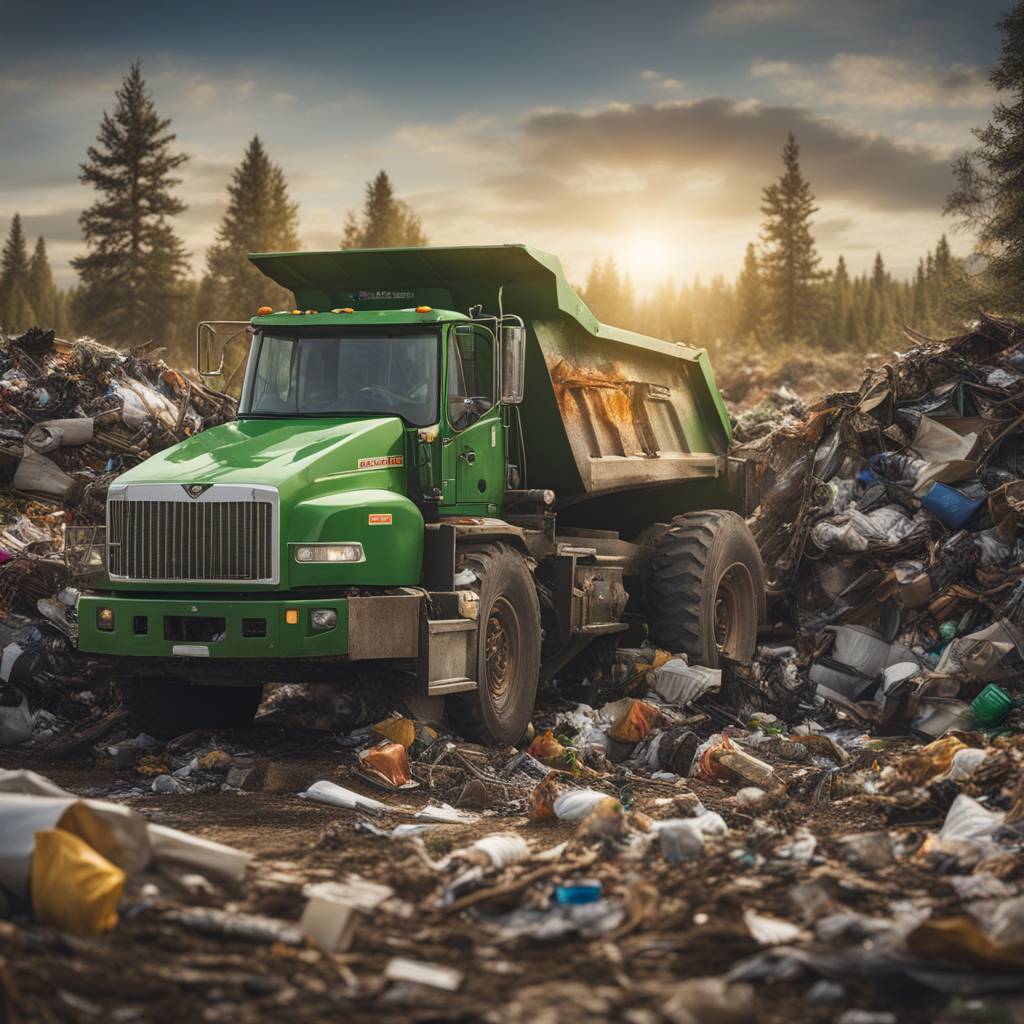The future of waste processing in the County of Wetaskiwin is set to change with the introduction of a new Canada-made solution from Sustane Technologies Inc. This innovative technology uses steam to break down trash, recycling about 90% of waste that would typically end up in landfills or incinerators. CEO Peter Vinall explains that the process unmakes paper and packaging, turning them into fibers and shrinking plastic into small pieces, which can then be screened in different directions automatically. This system not only reduces greenhouse gas emissions but also recovers nonrenewable resources such as plastics and diesel.
The county’s current landfills are reaching the end of their life cycles, prompting the need for a more sustainable waste management solution. Reeve Josh Bishop notes that residents have been requesting recycling options, but traditional methods are often not economical due to water usage and contamination issues. Landfills have long been seen as temporary solutions with long-term consequences, including financial indebtedness and the need for land reclamation after closure. After years of searching for a cost-effective and environmentally beneficial partnership, the county selected Sustane Technologies due to their competitive pricing and ability to recirculate valuable resources.
Sustane’s technology has received approval from the Canada Food Inspection Agency, allowing them to use the output of biomass as fertilizer and convert plastic back into oil. This oil can be used for energy production or to create new plastic, circularizing end-of-life plastic and preserving fossil fuels. Bishop highlights the potential for waste trucks to run on diesel created from the process, further enhancing the facility’s sustainability. The facility is expected to bring around 30 skilled jobs to the region, offering economic opportunities and extending the lifespan of existing landfills.
Looking ahead, Sustane and similar technologies are paving the way towards viewing waste as a valuable resource rather than a disposal problem. Vinall envisions a future where waste mining will become common practice, extracting resources from existing landfills and promoting a circular economy. Bishop emphasizes the importance of extended producer responsibility regulations, which will require manufacturers and end-users to recycle materials effectively. He believes that solutions like Sustane’s could address many of the challenges associated with plastic waste and should be a priority for provincial governments.
The partnership between Sustane Technologies and the County of Wetaskiwin represents a significant step towards sustainable waste management practices in the region. By implementing innovative technology that can efficiently recycle a large portion of waste, the county is reducing its environmental impact and creating economic opportunities. With a focus on recovering valuable resources such as plastics and diesel, the facility is poised to not only address current waste management challenges but also contribute to a more circular and resource-efficient future. This initiative has the potential to serve as a model for other municipalities and industries looking to enhance their sustainability efforts and reduce their reliance on traditional landfill methods.













